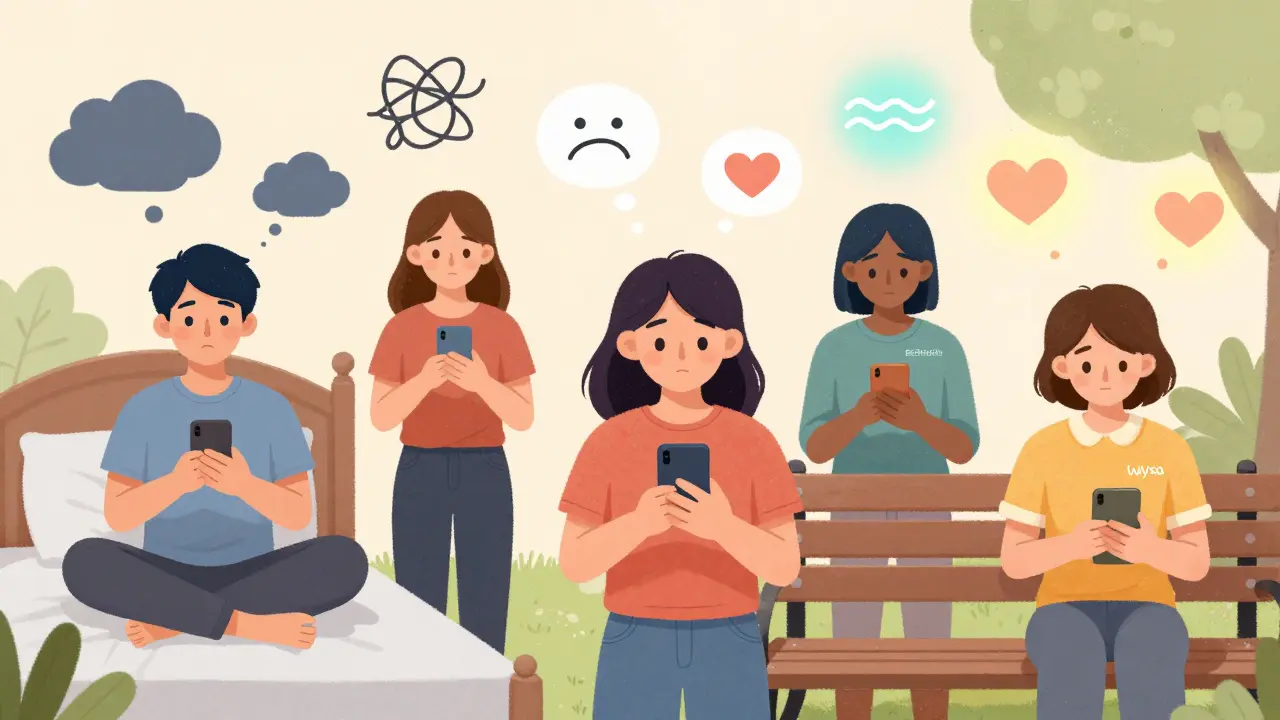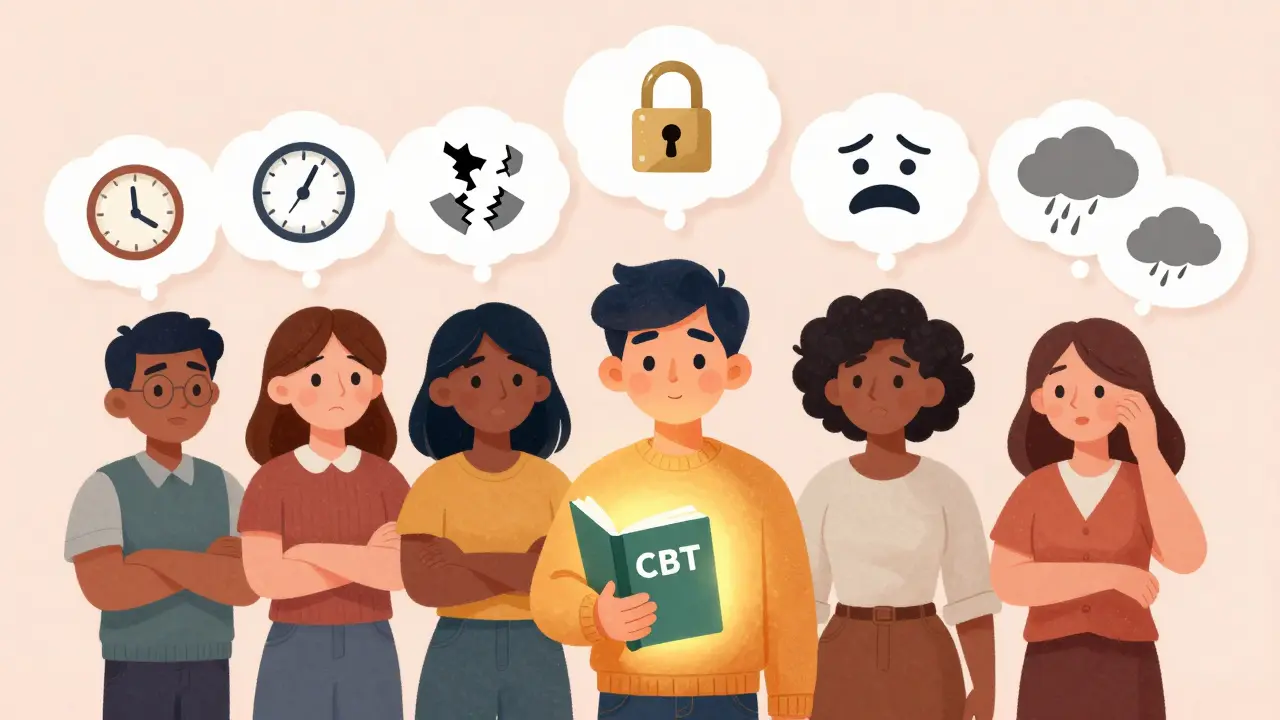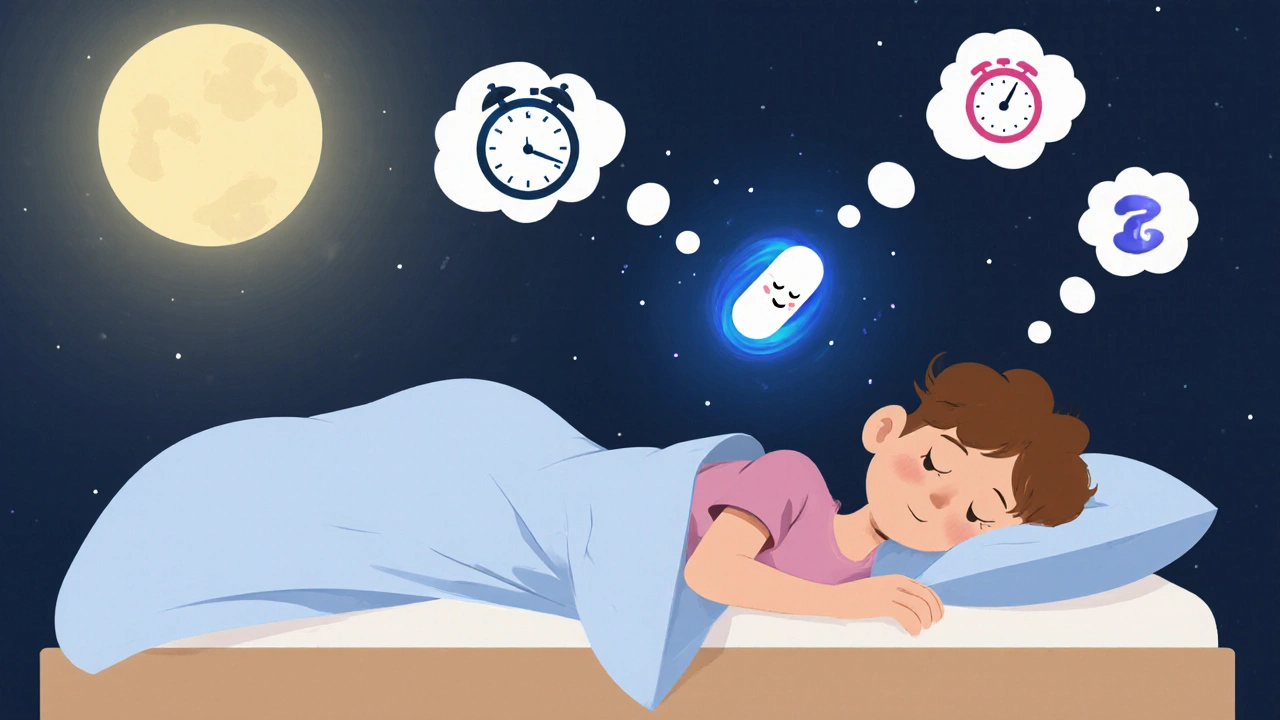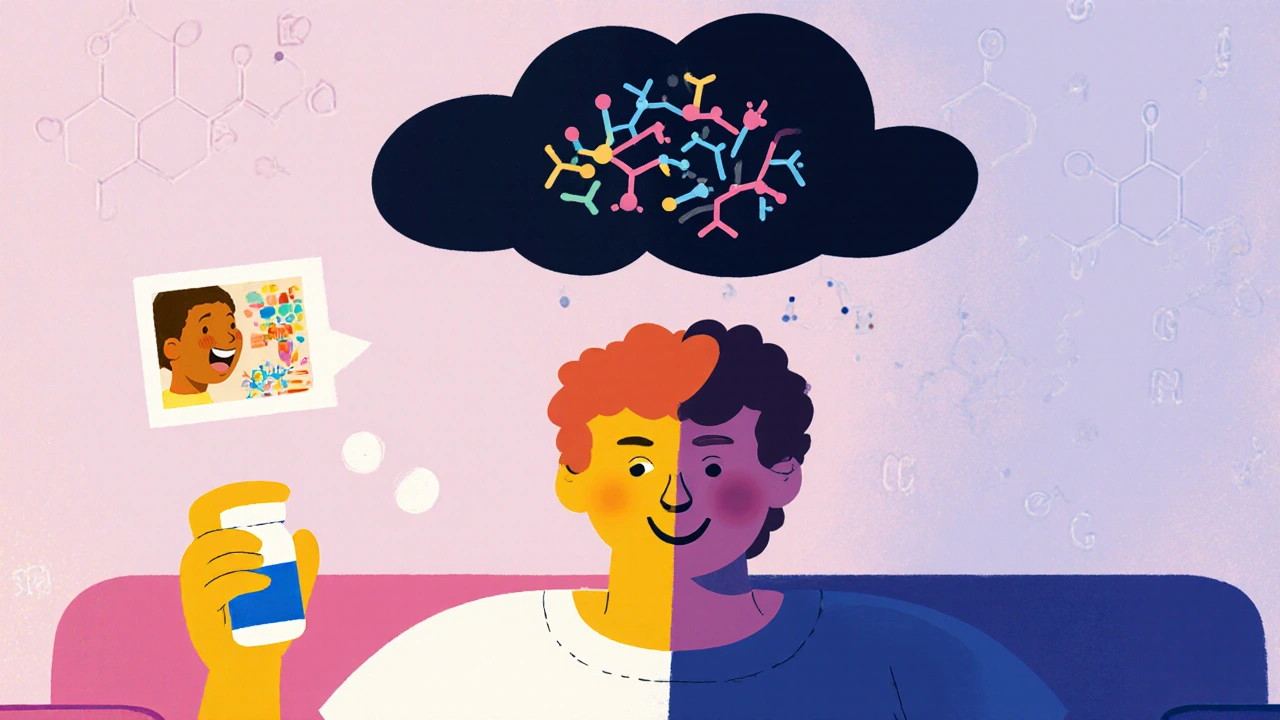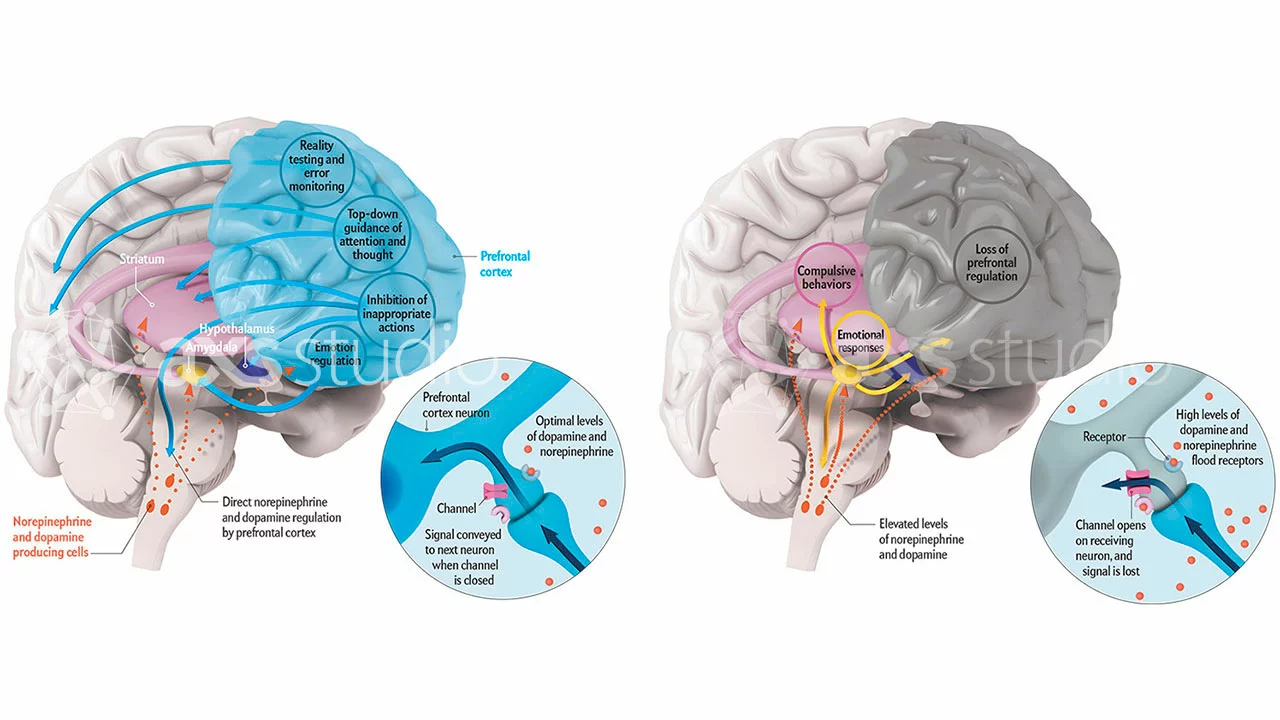Mental Health and Atomoxetine: What You Need to Know
If you’re dealing with ADHD or just curious about how medicines can support mental health, Atomoxetine might have come up in your research. This medication isn’t just about focus; it also impacts how your brain handles memory and emotions. Understanding how Atomoxetine works can be a real game-changer if you’re looking for ways to boost your day-to-day mental functions.
How Atomoxetine Affects Memory and Recall
Atomoxetine is commonly known for helping people focus better, but it’s also linked to improving memory. Studies show it can enhance working memory, which is the kind of memory you use to hold onto bits of info right now—like remembering a phone number while you dial it or keeping track of what you’re reading. It helps you retain information a bit longer and recall it more easily, which can make learning and daily tasks smoother. Keep in mind, though, not everyone experiences the same benefits, and research is still figuring out the long-term effects.
Can Atomoxetine Help Manage Emotions?
Besides memory, Atomoxetine seems promising in helping people control their emotional responses. If mood swings or extreme feelings are an issue, some studies have found this medication might help balance those intense ups and downs. It doesn’t just block symptoms but may improve overall emotional regulation, making mood swings less wild. This is especially helpful for folks with ADHD who find emotions hard to handle. However, more studies are in the works to confirm these effects.
So, whether it’s recalling what you learned or keeping your emotions steady, Atomoxetine shows promise as more than just a focus-helper. If you think it might be a good fit for you or someone you know, talking to a healthcare provider is the next best step. They can help decide if it matches your needs and monitor how you respond to it.
Remember, mental health is a mix of many things—medications like Atomoxetine, lifestyle changes, and support systems all play a part. Knowing how these tools work can help you make smarter choices about your well-being.
Recognizing early psychosis signs like social withdrawal, strange thoughts, and declining performance can save lives. Coordinated Specialty Care offers proven treatment that boosts recovery by 60% when started early.
Digital mental health apps and teletherapy offer new ways to manage anxiety and depression, but not all are effective or safe. Learn how to choose wisely, protect your privacy, and understand what really works.
Anxiety disorders affect nearly 1 in 5 adults and include types like GAD, panic disorder, and social anxiety. Evidence-based treatments like CBT and SSRIs are proven to work - here's how they help and what to expect.
Learn how adding a second medication - not switching - can fix common antidepressant side effects like insomnia, sexual dysfunction, and weight gain. Evidence-based strategies that actually work.
Learn how to prevent seasonal depression using light therapy, vitamin D, and a consistent daily routine - backed by science and proven by real-world results. Stop winter blues before they start.
Opioids can worsen depression over time, even when taken as prescribed. Learn how mood changes happen, what to watch for, and how to monitor and treat both pain and depression together.
Learn how sertraline helps treat panic disorder, its dosage, side effects, clinical evidence and tips for safe use. Get a clear guide for overcoming fear with medication and therapy.
Practical coping strategies for living with PTSD, including grounding, mind-body practices, therapy options, and lifestyle tips for lasting relief.
As a blogger, I've recently researched the effects of Atomoxetine on memory, specifically its impact on recall and retention. Atomoxetine, a medication primarily used to treat ADHD, has been found to enhance memory and cognitive functions. Studies suggest that it improves working memory and information retention, which is crucial for learning and day-to-day tasks. However, it's essential to note that the effects may vary among individuals, and long-term effects are still under investigation. Personally, I find this topic fascinating and believe that understanding the relationship between Atomoxetine and memory could potentially lead to better treatment options for those struggling with ADHD and memory impairments.
In my recent exploration of emotional regulation, I stumbled upon Atomoxetine and its potential benefits. Atomoxetine, primarily used to treat ADHD, has been showing promising results in improving emotional regulation in individuals who struggle with it. Studies have indicated that it can help manage mood swings and extreme emotional responses. While further research is needed, the initial findings are quite fascinating. I'm eager to see how Atomoxetine might transform the way we approach emotional regulation in the future.


